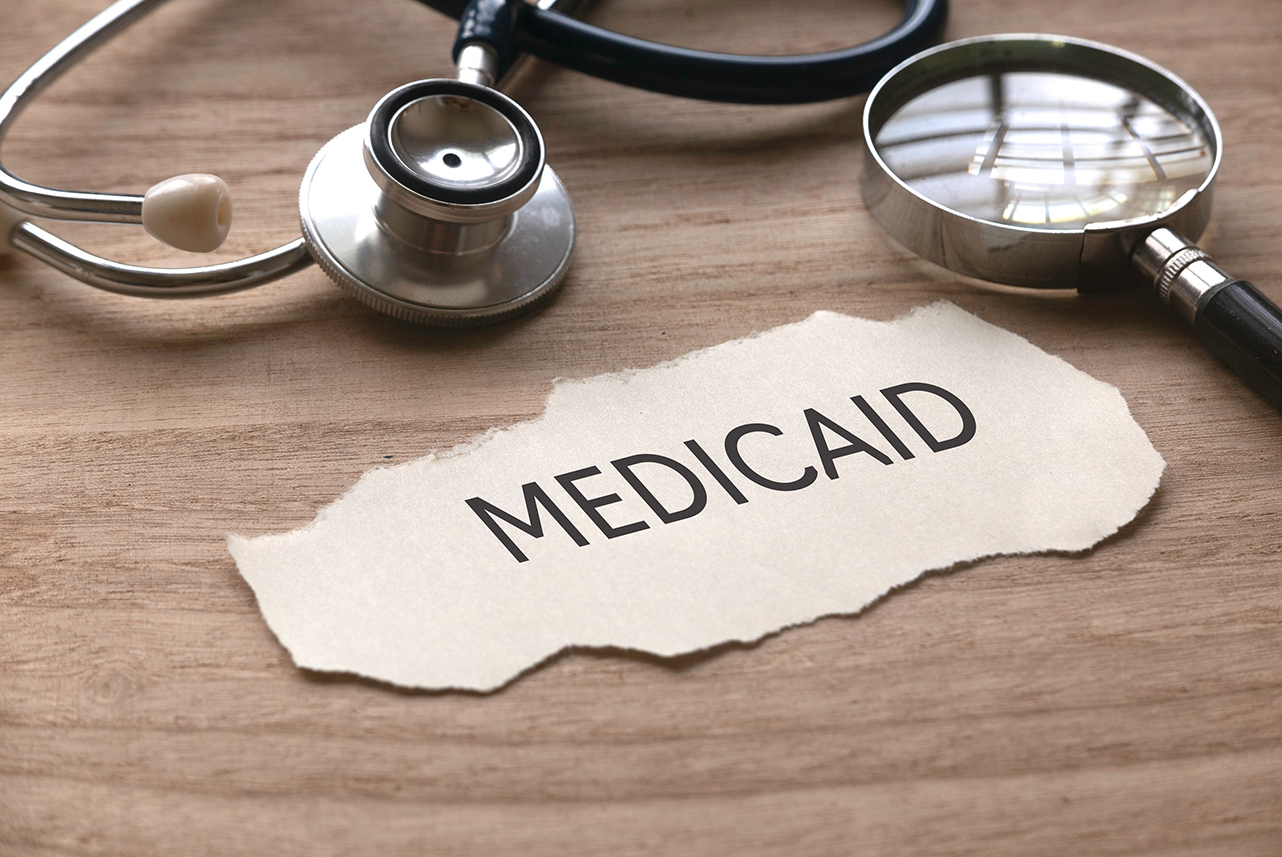Are You Eligible for a Whistleblower Reward?
Medicare and Medicaid fraud is a serious problem. The government loses billions of dollars every year due to fraudulent claims. The fraud is almost impossible to uncover without help from insiders who have access to information about and evidence of the fraud.
That is where the whistleblower laws come in. Every year, the government pays hundreds of millions of dollars to whistleblowers who help uncover Medicare and Medicaid fraud. Under the False Claims Act, you are entitled to between 15% and 30% of the amount the government recovers as a result of the information and evidence you give them.
How Do You Become a Whistleblower?
1. You must be the “original source” of information about the fraud. In other words, you must have information that is not publicly available. And you must provide it to the government voluntarily, before the government serves you with a subpoena or otherwise asks you to turn it over.
2. You must have evidence. A “tipster” is someone who “knows” or “suspects” that their employer is submitting false claims to Medicare or Medicaid. They are entitled to a big thank you. A “whistleblower” is someone who has evidence of the false claims. This may include medical records, billing records, emails, recorded conversations, or your own observations. By turning over that evidence to the government, the whistleblower becomes eligible for a financial reward.
3. You must not be the perpetrator of or a participant in the fraud. If you participated in the fraud, a good criminal defense lawyer may be able to help you cut a deal with prosecutors in return for your cooperation, but you will not be eligible for a reward. Whistleblower rewards are given to those who help uncover the fraud, not to those who perpetrated or participated in it.
4. You must have an attorney who is experienced with the whistleblower laws. In New York, you are not allowed to file a whistleblower complaint on your own. Nor would you want to try. The process of filing a whistleblower complaint under seal and providing your evidence to prosecutors is extremely complex. One mistake and you could lose your right to a reward.
5. You must not disclose your whistleblower claim to anyone other than your lawyer. Your whistleblower complaint will be filed under seal (that is, in secret). The secrecy allows the government to gather evidence and prepare the case before the perpetrator of the fraud knows that they are under investigation. If you disclose your whistleblower complaint to anyone other than your lawyer, the court may dismiss your claim and disqualify you from receiving a reward.
6. You must not delay. Only the first whistleblower is entitled to a reward. If a government agent or another whistleblower discovers the fraud before you file your whistleblower complaint under seal, you could lose all rights to a whistleblower reward.
Consult with an Experienced Whistleblower Attorney
If you have evidence that your employer or healthcare provider is engaged in Medicare or Medicaid fraud, then you should consult with an experienced whistleblower lawyer immediately. You may be entitled to a very large reward and legal protections.
Claim Your Whistleblower Reward
The whistleblower lawyers at The Howley Law Firm focus on healthcare fraud. Call us today at (212) 601-2728 to schedule a free and completely confidential consultation.








